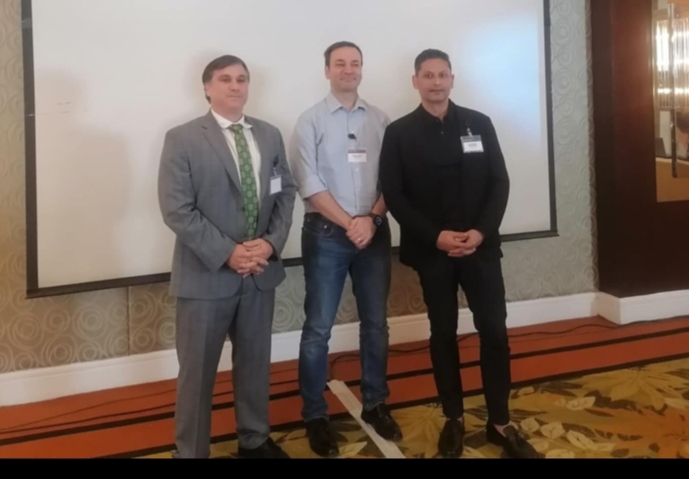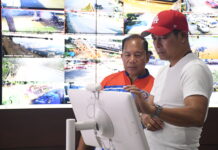By Perfecto T. Raymundo, Jr.
MANDALUYONG CITY – The Vantiq AI Summit was held on Tuesday (July 8) at the EDSA Shangri-La Manila here that delved into the state of healthcare in Asia.
Vantiq is a software platform for creating and operating intelligent systems. It provides real-time intelligence for healtcare.
It is now an integral part of of the Philippine landscape.
There are now 50,000 doctors, 100,000 nurses workforce shortage in the Philippines.
PHP27 Billion or US$500 Million in unsettled claims.
It is a real-time intelligence platform.
During the Healthcare Session on the State of Healthcare in Asia – Delivering Universal Healthcare with AI.
No Filipino should be too far to receive care. Reaching every island with real-time care considering the 7,100 islands comprising the Philippine archipelago.
Miguel Nhuch, Chief Revenue Officer of APAC & LATAM Vantiq, said “the mission of the company is to significantly improve the way our world operates.”
“A greener or in other word a better world,” Nhuch added.
The computing now is done in a completely new generation applications that bring about a number of bright ideas.
“We have a number of companies now using our application,” he said.
The intelligent real-time applications to improve everything such as in disaster management.
He said that Vantiq is a platform to rapidly create, deploy and operate real-time intelligent systems.
“We talk about AI everyday. For example, 20,000 cameras are integrated and operated all at the same time,” he said.
Vantiq applications automate generative Ai and orchestrate actions in real-time intelligence. It reduces the complexity of development.
The name of the system is D-Resiiio powered by Vantiq.
He cited as examples the system in Japan and the public safety in Riyadh, Saudi Arabia involving 11,000 intelligent cameras, as well as the traffic safety in Texas, United States.
Enable resiliency in our world involving US$ Trillion market.
Dr. Ryan Vega, Chief Health Officer of Vantiq, said that they served 9 million patients every year involving US$45 Billion.
Vega cited the case of a 67-year old patient, who was diagnosed and treated four o’clock.
In 1973, the first AI application emerged in the US.
30% of global data is produced by healthcare and is doubling every year.
80% of that is unstructured.
The challenges are clinical, workforce and technology such as that many hospitals lack budget to invest in modern equipment.
He cited the growth in biotechnology.
US$1.7 Trillion market projected by 2029.
The Philippine TB control program is an AI chest X-ray system screened 101,000 patients and achieved a higher tuberculosis treatment.
“The 30% global data is continuously used and analyzed with real-time AI on chronic and remote care such as in closed-loop insulin pumps double time in range,” he said.
“We have this system, but we need a lot more. Hrslthcare needs more from technology,” he added.
Digitalization has not only improved the healthcare system and made the same move fast.
“What makes our platform unique is that it has all built into it,” he said.
Detection of credit card fraud is also one of the applications and systems built in Vantiq.
On Hospital/Clinical Command Centers, he said that it’s not only there in real-time, but it’s there to help you such as real-time patient monitoring, as well as in the reduction of “false alarm” in the hospital.
Virtual hospitals or hospital at home is materialized because hospitalization is expensive, as well as telecare or telemedicine. ###







